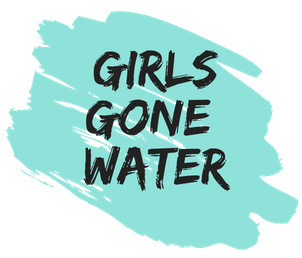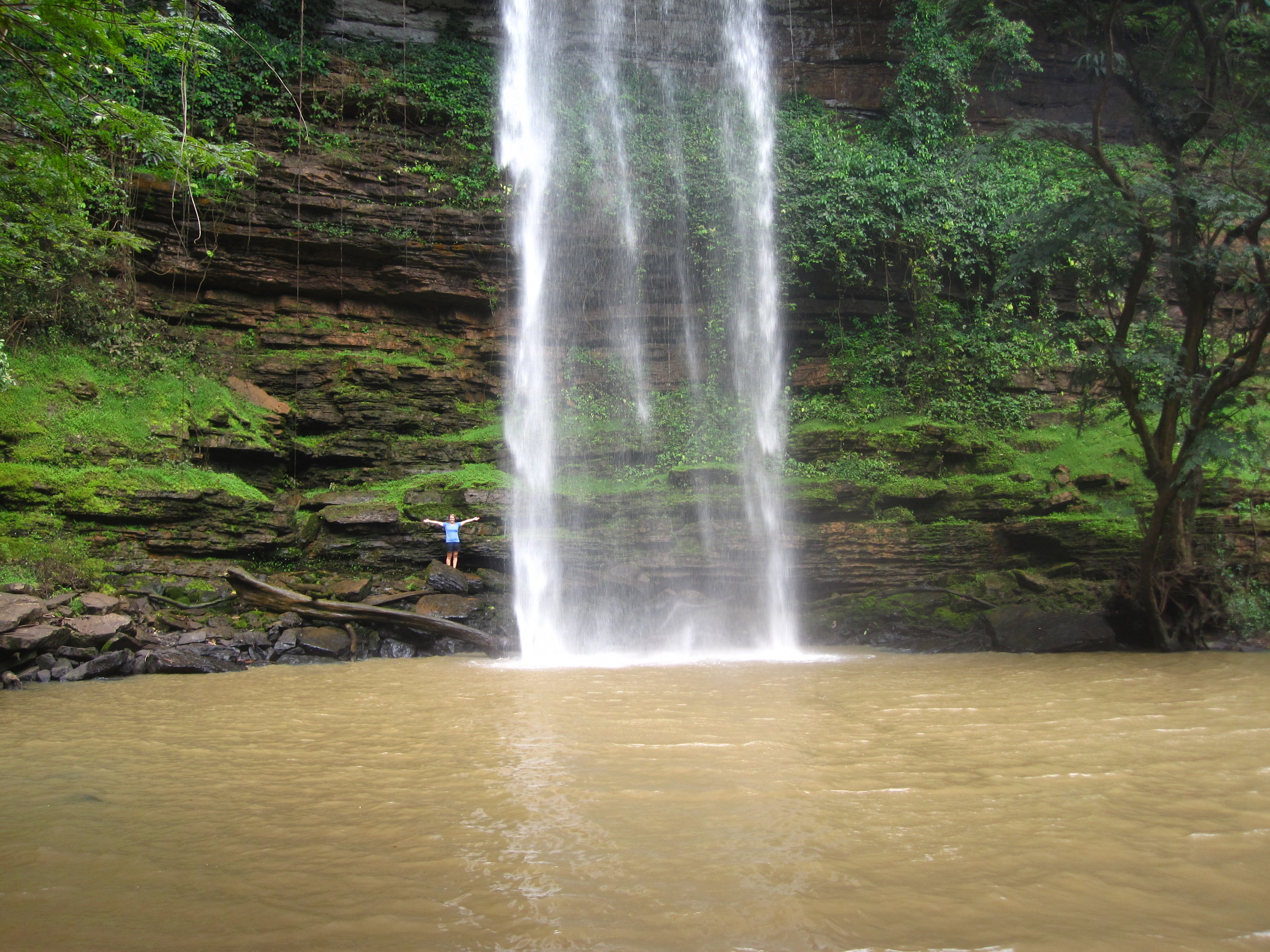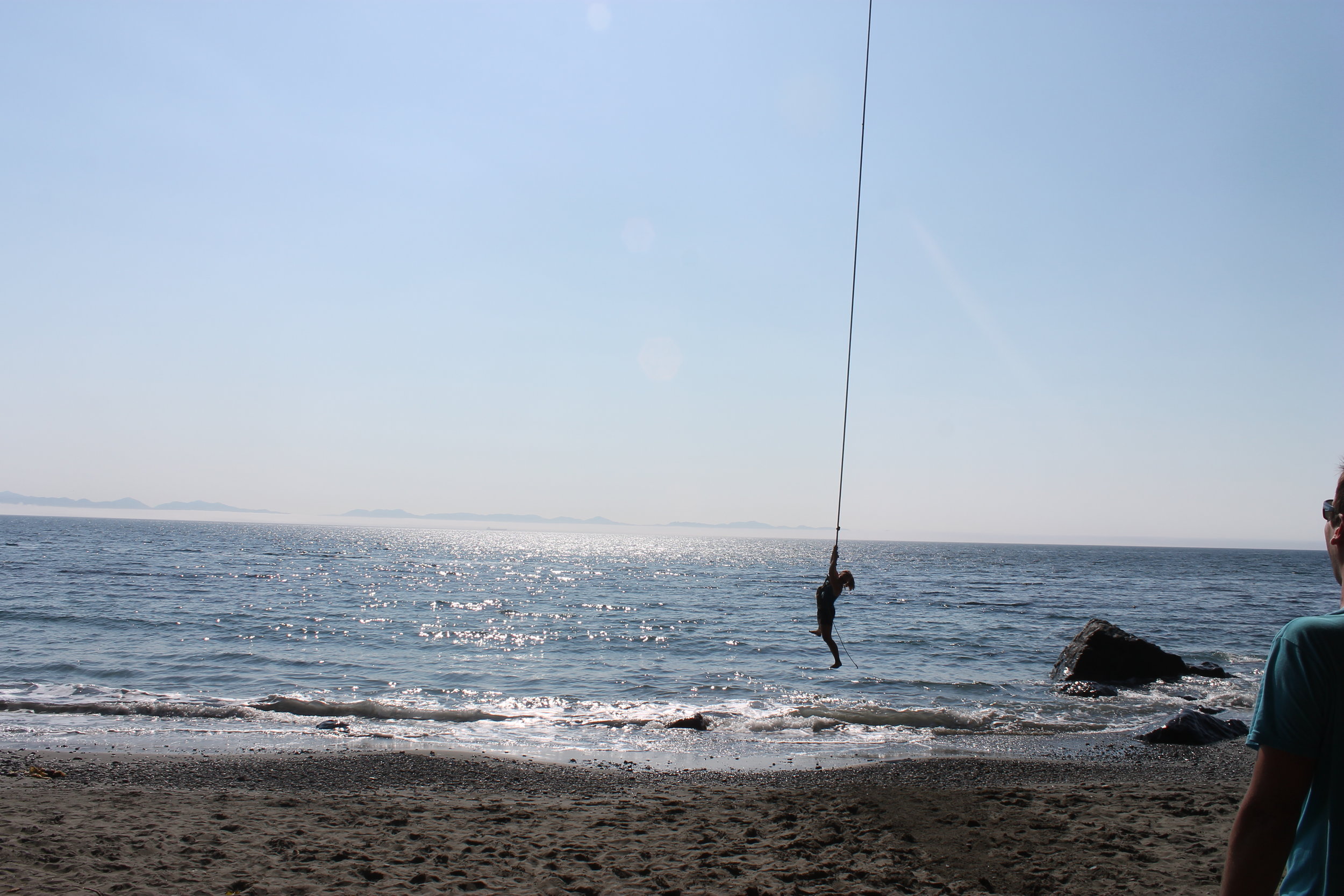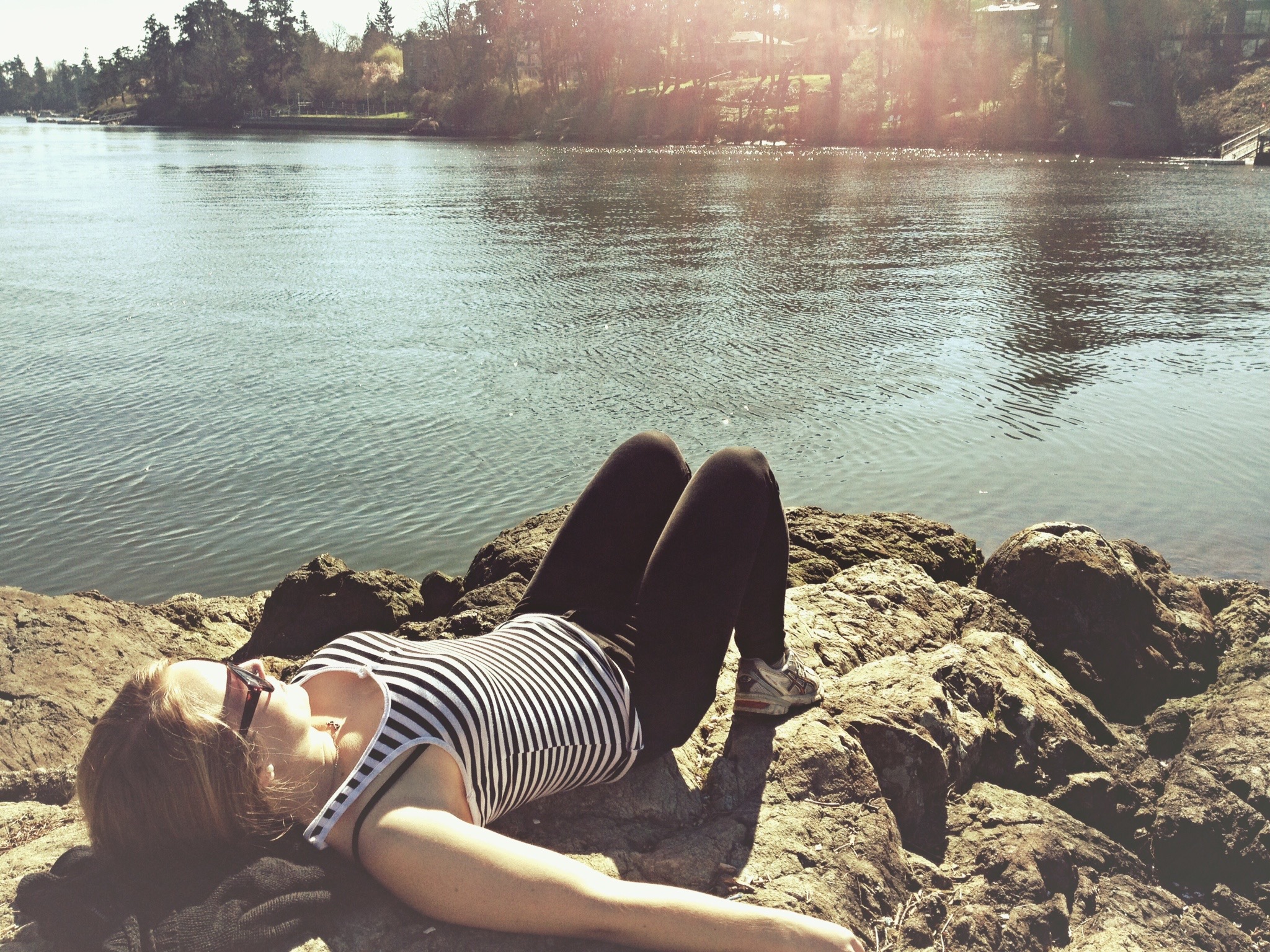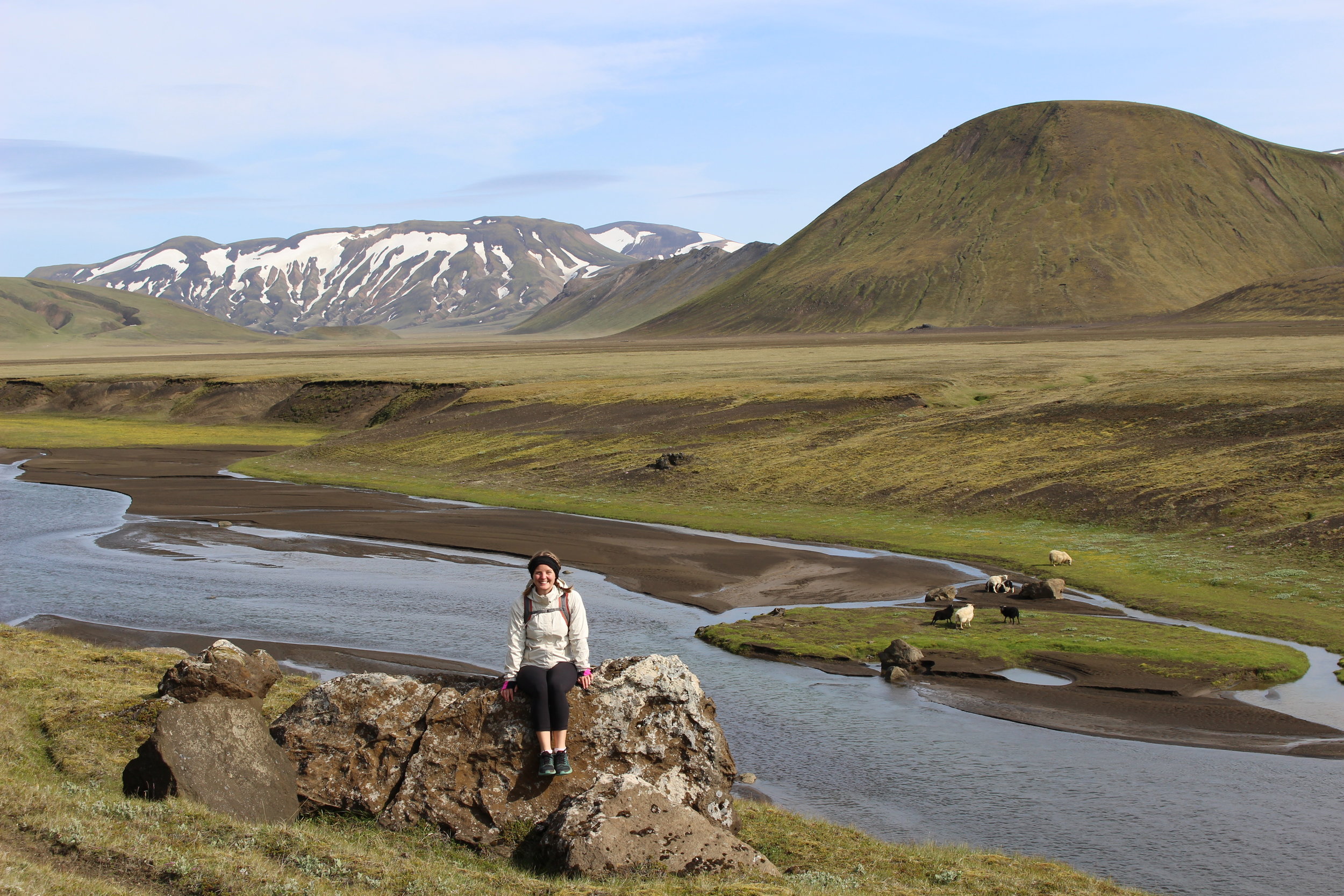Irene Brueckner-Irwin
co-founder, girls gone water
Co-founder of Girls Gone Water Irene Brueckner-Irwin started her foray into the world of marine conservation somewhat by chance. While studying environmental chemistry during her undergrad, Irene was fascinated by the unique properties of water molecules, but she started to wonder about the broader picture - could it be possible to meet the needs of people and respect the environment at the same time? She decided to return to school to answer this question. A serendipitous funding opportunity to work on oceans research brought her to the east coast of Canada
For Irene, the worlds of marine conservation, fisheries, and communities come with unique challenges and opportunities. Working in this area makes her reflect often on questions like how to navigate the sustainable use of our ocean resources – an important topic as many diverse livelihoods, businesses, recreational activities, species, and ecosystems depend upon it. Irene is particularly hopeful about the opportunities for collaboration between these different groups to contribute to the long-term sustainability of human use of the ocean. She reflects, “Some of these groups have different ideas about how to get there, but the prospect of having these places for future generations makes me hopeful.”
“I get really excited when I hear about creative projects that people are developing that foster relationships with others and the natural world.”
This also reflects why Irene co-founded Girls Gone Water. She notes, “I get really excited when I hear about creative projects that people are developing that foster relationships with others and the natural world.” She sees on a daily basis why these kinds of collaborations and projects are meaningful for protecting our environment, but this perspective also carries over into her passion for supporting women. On the topic of highlighting the work of every-day women, Irene says, “A lot of people who get airtime are often well-connected and have already made it to a bigger stage. This is awesome, and these people are doing great work. But there are also so many amazing women who are engaged in really meaningful work who don't have the same opportunities [for exposure]. If we highlight these everyday women, we better acknowledge gender dimensions of water-related issues, connect people with one another, and show that women bring a critical perspective to the table.”
